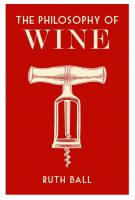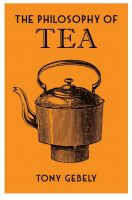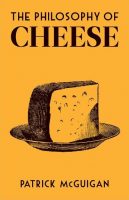 Welcome to another in my series about the British Library’s Philosophies series. Today it’s the turn of The Philosophy of Gin by Jane Peyton, the second in the series, after The Philosophy of Wine, to feature alcohol. I’ve timed today’s piece to coincide (roughly) with the publication of the third book in the series to feature alcohol, The Philosophy of Beer, which actually comes out tomorrow (8th April) and is by none other than Jane Peyton!
Welcome to another in my series about the British Library’s Philosophies series. Today it’s the turn of The Philosophy of Gin by Jane Peyton, the second in the series, after The Philosophy of Wine, to feature alcohol. I’ve timed today’s piece to coincide (roughly) with the publication of the third book in the series to feature alcohol, The Philosophy of Beer, which actually comes out tomorrow (8th April) and is by none other than Jane Peyton!
Like the others in the series (The Philosophy of Wine, The Philosophy of Cheese, The Philosophy of Tea and my own book, The Philosophy of Coffee), The Philosophy of Gin is a compact volume, packed with interesting, entertaining facts. Indeed, its bite-sized chapters are just the right length to be read while sipping a Gin & Tonic (G & T).
More than any of the other books in the series, The Philosophy of Gin has a very British focus, gin being a quintessentially British drink, although there’s a nod to the Dutch (who introduced its forerunner, genever, to London) and the Americans (who popularised gin cocktails and, thanks to prohibition in the 1920s, sent all their best mixologists to Europe!).



